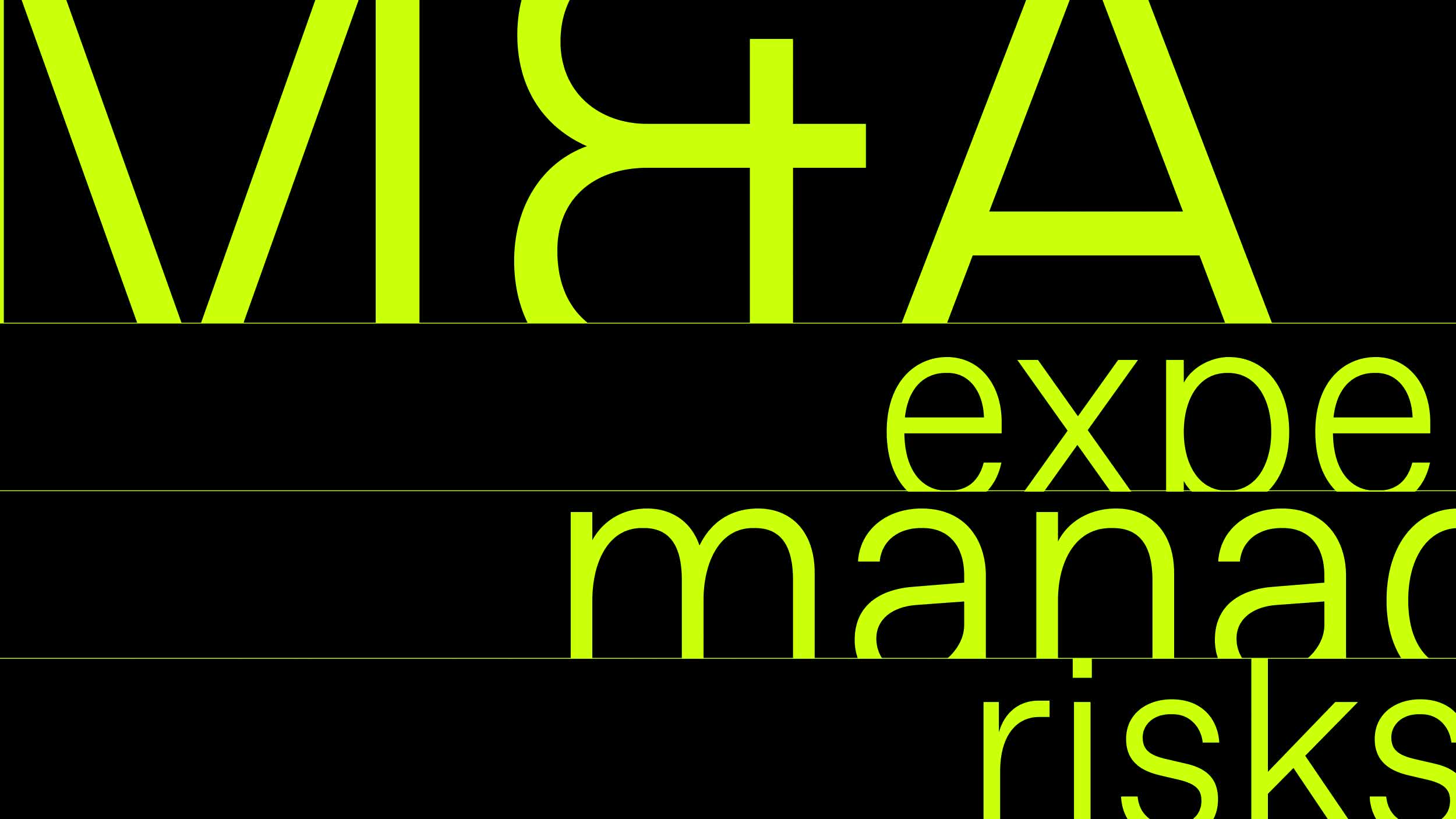- M&A experts emphasize the importance of selective targeting to reduce risk in a competitive market.
- Thorough (pre-)due diligence is also essential for risk identification and maximizing value creation.
- In addition to due diligence and integration planning, various other methods, such as scenario analysis and conservative financing structures, are applied to manage macroeconomic risks.
In a dynamic market: Risk management in M&A through selective targeting and in-depth due diligence.
By Jan Bletz
M&A professionals expect to limit risks in the next 12 months mainly through more selective targeting (38 percent), by conducting more thorough due diligence (21 percent) and by better preparing deals (14 percent).
How will companies reduce M&A risk in the next 12 months
This is evident from the M&A Trend Survey Benelux 2024 / 2025 by M&A and Ansarada. For this research, 175 Dutch and Belgian M&A professionals took part in an online survey and the M&A editors interviewed 35 dealmakers live.
Some experts cite a combination of risk management measures to deal with the highly dynamic business environment in the coming year. “I think companies will likely use a combination of strategic, financial and operational tactics to reduce M&A risk and adapt to the evolving macroeconomic and market landscape”, says Joost den Engelsman, Head of Private Equity at NautaDutilh. “Key methods include improved due diligence, more conservative financing structures, improved integration planning, risk mitigation in contracts and scenario planning for macroeconomic risks. I do not see a shift towards greater confidence in warranty and non-life insurance (W&I). Instead, I expect the return of no-MAC clauses and other risk-sharing mechanisms.”
Targeting with precision in a competitive environment
At the top of the list of risk management measures is, by far, a more selective targeting approach. M&A experts emphasize the importance of a focused strategy when identifying and selecting acquisition candidates, rather than blindly aiming for growth.
This approach is logical: in a market with ample capital, intense competition among investors (‘overcrowding’, as Sander Neeteson, Head of Corporate Finance at ABN AMRO, describes it), and a limited number of attractive targets, strategic selection becomes essential for investors.
“There are fewer targets available, and financing is also becoming scarcer, creating a highly competitive landscape”, explains Richard Reis, Partner at the investment firm Argos Wityu. “If you're looking for a high-quality company, the competition is fierce. We’re now dealing with two distinct markets: one for protected, highly sought-after assets, and another for companies struggling to grow in a less-than-ideal environment. Since the COVID-19 crisis, the best targets face intense competition.”
By focusing on targets that are a strategic fit and offer synergies, investors can increase the potential for value creation post-acquisition while minimizing the risks of a failed acquisition. This is also something investors can control, Neeteson points out, as opposed to the whims of the market and (geo)political factors.
Iris Hesselink, Partner at private equity firm Pontex Investment Partners, echoes this sentiment: “Selective targeting is important for both platforms and add-ons.”
Tom Snijckers, Partner at advisory firm Oaklins Netherlands, foresees that many private equity firms will go beyond selective targeting: “I also expect that private equity firms will become more specialized in certain sectors to better assess risks.”
“I expect that private equity firms will become more specialized in certain sectors to better assess risks.”

Tom Snijckers, Oaklins Netherlands
(Pre) due diligence
A thorough due diligence is essential for identifying the risks that a deal may present – that much is a no-brainer. By pinpointing potential synergies and areas for improvement, due diligence can also help maximize the value after the acquisition and facilitate smoother negotiations. As Sergio Herrera, Managing Director of M&A at Rabobank, states, “If you do that, you’ll find that you can structure the integration more effectively, and trust in the process increases.”
Two out of ten dealmakers who participated in the online survey identified thorough due diligence as one of the most important ways to manage risks. This tried-and-tested tool ranks second in the list of key risk management measures. In the following chapter, due diligence will be explored in greater detail.
“Due diligence processes are becoming more comprehensive and take longer”, says Niek Kolkman, Partner, Head of Transaction Services, and Head of Deals at KPMG. “Financial terms are becoming stricter, with deferred payments used more frequently to bridge valuation gaps.”
Reliance on Warranty & Indemnity (W&I) insurance is not a top choice, but some dealmakers cite it as a common measure – particularly for private equity buyers. Nancy De Beule, Partner at PwC, explains: “W&I is a way to manage open-ended risks. You can close the books, but some obligations don’t expire for ten years. When private equity sells, they can’t afford many guarantees, as they need to close the fund at some point. Families who sell also dislike having such obligations for years afterward. For their family wealth, this is an uncertain factor, so they often choose W&I insurance to cover risks. Of course, you can’t insure everything with W&I, but it certainly helps.”
“When private equity sells, they can’t afford many guarantees, as they need to close the fund at some point. Families who sell also dislike having such obligations for years afterward. Of course, you can’t insure everything with W&I, but it certainly helps.”

Nancy De Beule, PwC
Conclusion
Good preparation is half the battle, could be the title of this chapter. Dealmakers see several challenges, the valuation gap and difficult market conditions at the forefront. They cannot control them all – they can only exert limited influence on market fluctuations or geopolitical tensions. Things they do have influence over are extensive (pre) due diligence. A good integration plan is also often recommended. Many experts also mention the previously discussed 'clear vision' and 'selective targeting'. In the words of Hesselink: “Knowing what you buy and knowing what you want to buy. Things that you should not postpone until the due diligence phase, but you should really identify before then.”
“Knowing what you buy and knowing what you want to buy. Things that you should not postpone until the due diligence phase, but you should really identify before then.”

Iris Hesselink, Pontex Investment Partners

